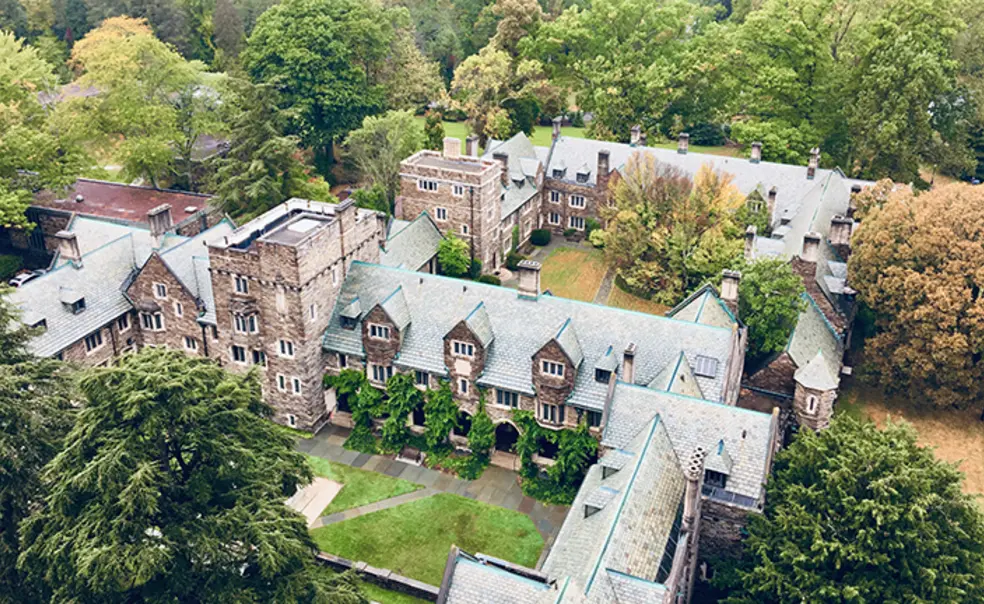Princeton Grad Students Help Bring Asian-American History to NJ Schools
Under the new law, New Jersey schools will now teach the history of Asian Americans and Pacific Islanders
New Jersey has become the second state in the nation to require its public schools to teach the history of Asian Americans and Pacific Islanders (AAPI) with legislation that was signed into law in early 2022. The seeds of a central force in the movement for the AAPI curriculum requirement can be traced back to three Princeton graduate students and their creation of an Asian American reading group in 2020.
Sonya Chen, Darren Yau, and Alex Jin — graduate students in the politics, religion, and history departments — started the Central New Jersey Asian American Reading Group in the wake of the murder of George Floyd at the hands of a Minneapolis police officer. The group, supported by a grant from the Humanities Council’s Rapid Response program, served as a place to explore the racial-justice movement and AAPI history through journalism, memoir, music, performance, and fiction. About two dozen people — roughly half associated with the University — met on Zoom for more than a year to discuss the political and the personal through articles, poems, videos, and other materials. “It was about finding community during the pandemic and creating a starting place for future political projects to arise,” Chen said.
When hate crimes against the AAPI community escalated last winter, one of the reading group’s members, West Windsor resident Kani Ilangovan, emailed the group about working together on an initiative to promote teaching Asian American history in public schools. The organization Ilangovan founded, Make Us Visible NJ, led a coalition of dozens of groups that advocated for passage of the bill, which requires K-12 schools to teach about the contributions, history, and heritage of the AAPI community.
Princetonians involved in Make Us Visible NJ include Jasmine Ueng-McHale ’97, graduate student Emily Sun, and Nancy Lin ’77, who is the co-chair of the Asian American Alumni Association of Princeton. As the group prepared to advocate for the bill, its members met with professors Beth Lew-Williams and Anne Anlin Cheng ’85.
“It was truly a grassroots groundswell of support for this legislation,” Lin said. “We also recognize that this is the first step. Implementing it in schools is going to be a lot of hard work.” The next step is providing teachers, school districts, and boards of education with AAPI classroom materials, which are being offered on several websites.
Chen is thrilled that the reading group became one of the launching pads for the legislation. “We feel the urgency of this moment — people are concerned about ways to prevent anti-Asian violence,” she said. “Education is an essential part of that.”












No responses yet